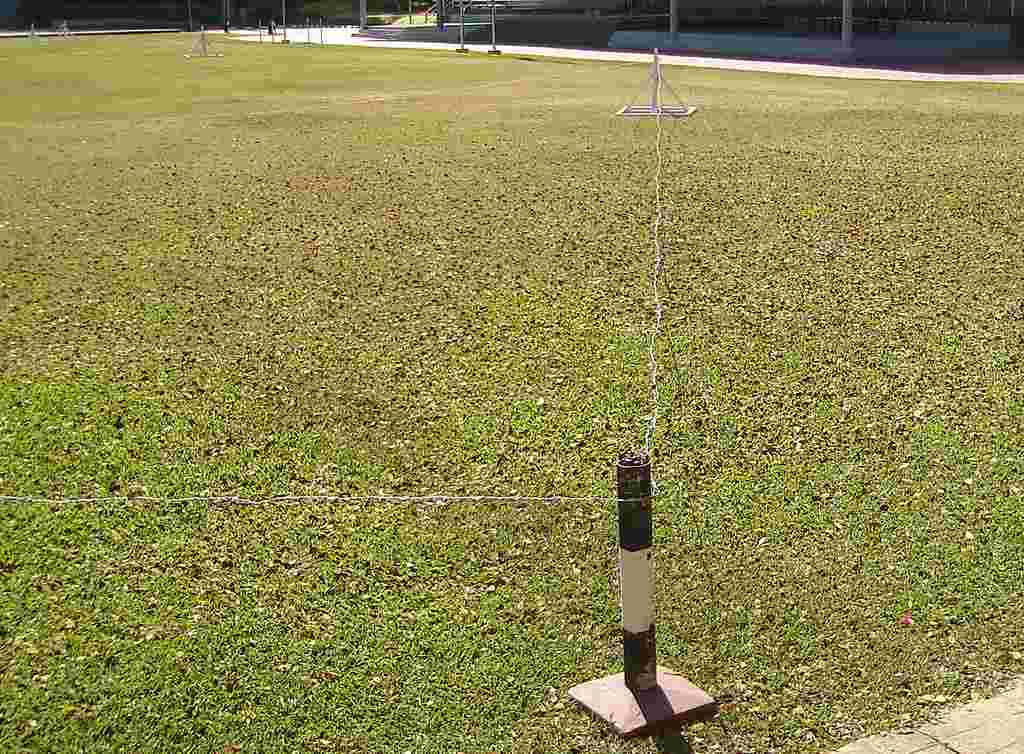Sabahan Constitutional Rights never given
40% tax share: What did Tengku Zafrul mean?
https://www.freemalaysiatoday.com/category/opinion/2022/03/22/40-tax-share-what-did-tengku-zafrul-mean/

Former Sabah chief minister Harris Salleh in one of his speeches in 1999 said that very little is known about the special arrangements to share federal revenue collected from the state of Sabah.
For example, the Federal Constitution speaks of “a grant of an amount equal in each year to two fifths (40%) of the amount by which net revenue derived by the federation from Sabah exceeds the net revenue which would have been so derived in the year 1963”.
Finance minister Tengku Zafrul Aziz was recently reported as saying the 40% revenue sharing formula with Sabah is no longer applicable as it was deemed to be outside of the federal government’s financial capacity now, as it was in 1973.
This came as a shock to many Sabahans as political parties and other leaders have fought for the tax revenue share over the years without much success.
Tengku Zafrul reportedly said that a 40% revenue share would force the federal government to spend more than it earns, which would go against constitutional provisions for prudent fiscal management.
One former Sabah minister commented, “Tengku Zafrul’s statement can be interpreted in many ways. One, the federal government does not reject Sabah’s rights to the 40% share as in the constitution. Two, it’s a matter of affordability. Thirdly, and most importantly, the federal government has admittedly taken more from Sabah than it has given back since 1963 and now cannot pay its dues. So it seems the federal government is indebted to Sabah”.
One Sabah lawyer-activist commented, “If it’s true the federal and state government has done away with the 40%, it is unconstitutional. The cabinet cannot override the constitution just like that. Sabah leaders would have betrayed the people’s trust to accept such a compromise, and if it’s true, it will affect generations to come. All good to maintain state-federal relationship but not at the expense of Sabahans.”
Ironically, Tengku Zafrul’s statement is the same excuse former finance minister Lim Guan Eng used when he rejected payment of 20% oil royalties to Sabah and Sarawak promised by the Pakatan Harapan government. Former prime minister Dr Mahathir Mohamad has said that giving more than the current 5% oil royalties to the states would “kill Petronas”.
One MA63 activist said “It is understandable that the federal government is strapped for cash for development but what I cannot accept is federal income that has been derived from the state has gone to numerous corrupt leakages and wastages like the 1MDB. The money is not spent on the welfare and development of the rakyat and to let Sabah remain the poorest state in Malaysia as it is now is wholly unacceptable”.
One party youth leader said, “I can understand the concept of sharing, but it’s a zero-sum game when the federal government gains at the expense of the state and Sabah still ends up poorer. We are upset that their leaders have been forced to compromise without getting a fair return.
According to Sabah and Sarawak affairs minister Maximus Ongkili, it took 50 years to reach this stage of negotiations. Do we have to wait another 50 years before Sabah can be developed on par with some of the states in Malaya? Where is the justice?”
In November 2021, former international trade and industry minister Darrel Leiking said the PH-Warisan federal government had in 2019 while facing fiscal challenges right after taking over the previous BN-led government, revised the Special Grant to RM53.4 million for the year 2020 and thereafter the quantum was to be upwardly revised to RM106.8 million from 2023 and later to be reviewed upwards in accordance to the state of fiscal health of the federal government.
Based on Leiking’s past statement and on Ongkili’s latest statement that Sabah will expect to receive a fivefold increase in grants, the quantum to be expected would easily be in excess of RM200 million.
The amount is still insufficient to cover Sabah’s infrastructural needs. According to Sabah works minister Bung Moktar Radin, Sabah should be given a larger allocation taking into account the state’s geography.
He said the lack of basic infrastructure for people in rural areas was a critical issue and a larger allocation would help resolve the problem, adding that the Sabah government needs federal assistance as the cost involved is great.
Clean water, roads and electricity are basic needs. The allocation cost cannot be provided by the state government. To repair and upgrade water supply infrastructure alone, we will need about RM27 billion for the whole state, he said.
The rising sentiment of unfair allocation of resources has created great discontent.
Recently, eleven Sarawakians filed a writ application to seek a court declaration that the Malaysia Agreement of 1963 is null and void and not a binding international agreement for the federal government’s failure to comply with the conditions of the agreement.
Not giving Sabah its rightful dues would only harden the sentiment against the federal government over development allocation.
The views expressed are those of the writer and do not necessarily reflect those of FMT.

















No comments:
Post a Comment